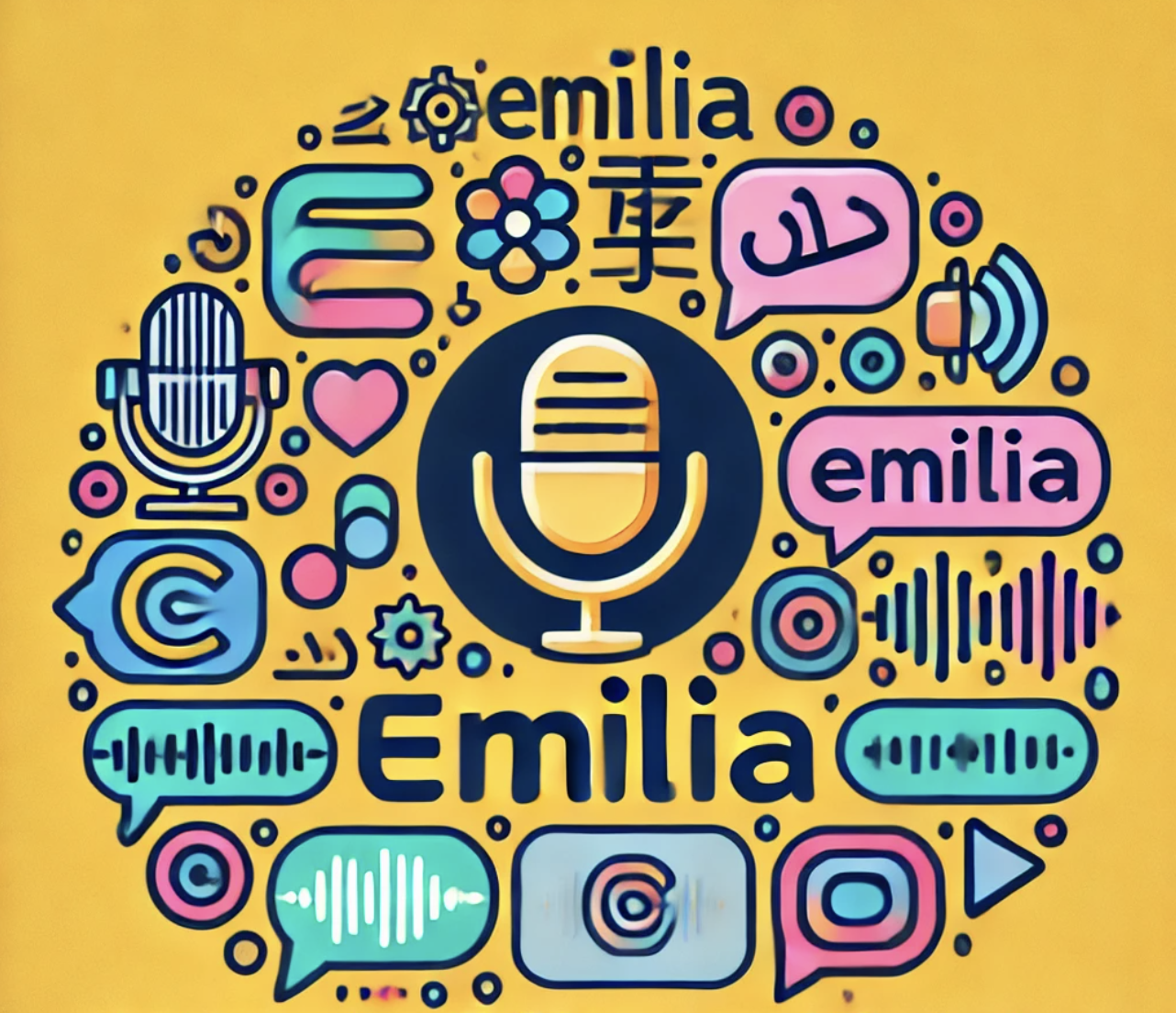# Emilia: An Extensive, Multilingual, and Diverse Speech Dataset for Large-Scale Speech Generation
[](https://arxiv.org/abs/2407.05361) [](https://huggingface.co/datasets/amphion/Emilia-Dataset) [](https://opendatalab.com/Amphion/Emilia) [](https://github.com/open-mmlab/Amphion/tree/main/preprocessors/Emilia) [](https://emilia-dataset.github.io/Emilia-Demo-Page/)
This is the official repository 👑 for the **Emilia** dataset and the source code for **Emilia-Pipe** speech data preprocessing pipeline.
